
Commitment to Collective Teacher Efficacy – Cohesion
(1.57 Hattie 2018)
Psychologist Albert Bandura discovered how, when a team of individuals collectively shared the belief that through their combined efforts they could create break throughs, make progress, overcome challenges and achieve desired outcomes, they were more effective.
Tschannen-Moran & Barr define collective teacher efficacy as the collective perceptions of teachers within their school that they can advance students’ interests, educational outcomes and academic progress beyond the impact of the communities and homes within which they live.
Whilst self-efficacy is the confidence we have as individuals to achieve and to be successful, collective teacher efficacy is the confidence we have in our colleagues as a group to bring about change and to make a difference over and above what is happening in learners’ communities and homes.
Based on the research of Eells, Hattie has rated collective teacher efficacy as the most powerful single factor impacting on learning and achievement with an effect size of 1.57.
Collective teacher efficacy according to Hattie is three times more likely to predict learner outcomes than socio-economic status (0.52) and learners’ motivation, concentration, persistence and engagement (0.48).
The source of collective teacher agency is from within a school…
… to see more visit SLEUTH™ Field 5, Section 8.
Visit SLEUTH™ to read more on how Commitment to Collective Teacher Efficacy skills can help grow your pedagogy and your learners outcomes.

SLEUTH™ ‘Quick Solutions’
The knowledge, skills and courage to speak up – The courage to change… yourself
For many teachers, it takes new knowledge, fresh skills, and uncharacteristic courage to speak up. It requires a mindset of believing that providing an excellent education is more important than giving in to their own sense of inferiority; it means confronting personal hurdles that result in remaining silent for personal reasons rather than speaking up for the sake of professional integrity; it means overcoming the unwillingness to risk unsettling harmonious relationships. It starts by putting learners at the heart of what we do, which means displacing our own personal needs and preferences.
The knowledge, skills and courage to speak up – Overcoming “agreeableness”
Many teachers have “Agreeableness” within their personality DNA. They possess higher levels of selflessness, are more willing and able to self-sacrifice, and are more predisposed to generosity, courtesy, and concern for others. Compliance is more favourable to them than conflict. These traits are beneficial when engaging with ākonga, but when working with adults, “agreeables” tend to be more meek, mild and deferential in order to avoid conflict. Judgments and attitudes are determined more by emotion – primarily defined by sympathy. If that describes you, tap into the logical side of your brain to subdue your swirling emotions: have just 2 or 3 ‘bullet points’ you want to express in the conversation.
Speaking up about overcoming challenges
In cases when you feel that collective spirit is missing, provide colleagues and leaders with constructive feedback. When collective spirit is strong, it provides momentum and energy. Therefore, its absence is of educational significance. Prepare well and sensitively for such conversations to give them the best chance of landing well on their audience.
Speaking up about valuing data
Data provides crucial evidence indicating the extent to which what you are doing, and how you are doing it, is effective. Value it in your own work. When you feel that colleagues and leaders are undervaluing data, provide them with constructive feedback, indicating which data could contribute to the school’s success.
These are 4 of the Quick Find Solutions available on SLEUTH™ in the area of High Impact Teacher Qualities: Commitment to Collective Teacher Efficacy – Cohesion (1.57 Hattie 2018).

Want to know more?

Go to www.sleuthing.co and subscribe either as a School, Centre or individual. If you have any questions don’t hesitate to get in contact.

